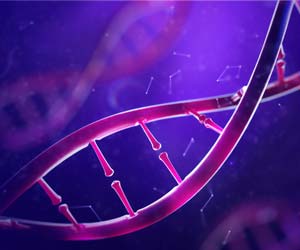A well-known - but untested - theory claims that first, the number of chromosomes in a cell changes, then an avalanche of further mutations occur that transform the cell into a cancer cell.

But does a single, initial change in the number of chromosomes set off a sequence of unstoppable changes that lead to cancer? The answer to this question is important; in order to ensure that cancer research is on the right track.
"In our view, the answer to that question is no. We have carried out very detailed studies and have not been able to see any sign of an 'avalanche effect'", said cancer researcher and pathologist David Gisselsson from Lund University.
He and Anders Valind, a doctoral student, have studied cells from children and foetuses that have had congenital changes in the number of chromosomes. If the avalanche theory is correct, then these cells should have developed a large number of further changes as a consequence, but this was not the case.
Studying the presence of chromosomal changes that have only occurred in a few cells is difficult, which is one reason why the avalanche theory has never been tested on human cells. David Gisselsson's research group have had to refine the technology in order to conduct their study, and many control tests have been performed."Our findings will no doubt cause a scientific debate, so we wanted to make sure that they rested on a stable foundation", said Dr Gisselsson.
Gisselsson believes the findings could lead to significant progress in cancer research. There is no longer any need to invest energy in identifying one single source of all forms of cancer, an area which David Gisselsson regards as a dead end for research. Instead, the research community can carry out targeted searches for different triggers for different types of cancer.
Advertisement
Source-Eurekalert














